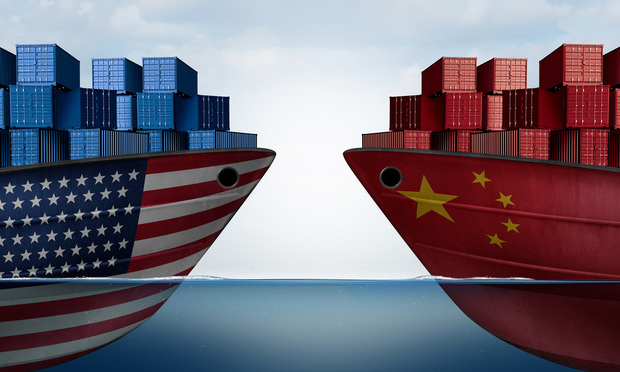In the News: US Threatens New Tariffs; Huawei's Sales Growth Slows; and New Regulations on Financial Holding Companies
August 05, 2019 | BY
Vincent ChowThe U.S. president announces new tariffs covering virtually all Chinese imports a day after trade talks; Huawei reports year-on-year revenue growth but U.S. sanctions taking its toll; and financial holding companies to face capital requirements and a ban on non-financial activities according to draft rules.
Trump announces new tariffs as trade impasse remains
U.S. President Donald Trump announced a new round of tariffs on a further $300 billion of Chinese goods on Aug. 1, causing market prices worldwide to plummet just a day after trade talks in Shanghai. As the trade war between the world's two largest economies escalates further, any optimism for a deal to be reached soon as a result of last week's talks, the first face-to-face negotiations since May, has quickly been dashed.
This premium content is reserved for
China Law & Practice Subscribers.
A Premium Subscription Provides:
- A database of over 3,000 essential documents including key PRC legislation translated into English
- A choice of newsletters to alert you to changes affecting your business including sector specific updates
- Premium access to the mobile optimized site for timely analysis that guides you through China's ever-changing business environment
Already a subscriber? Log In Now





